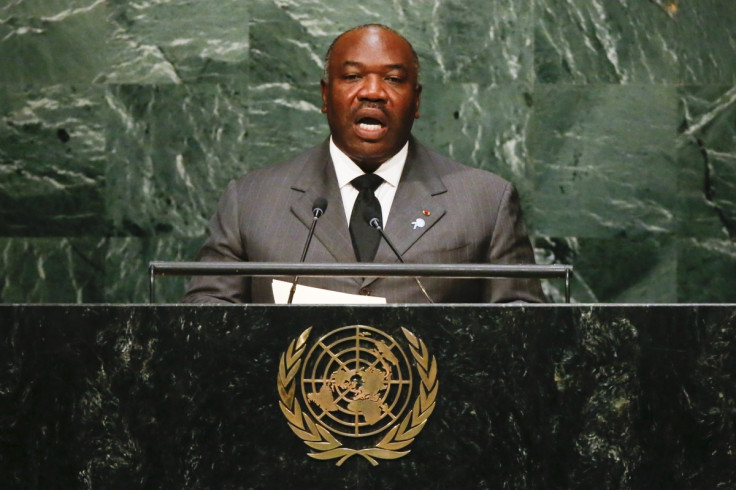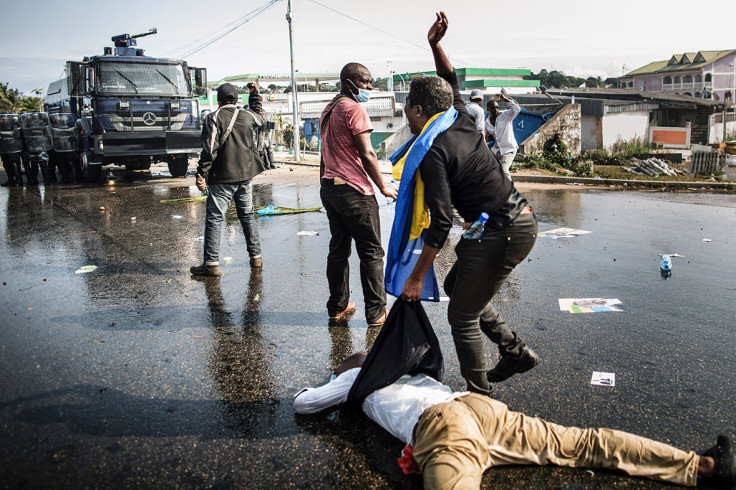Gabon: President Ali Bongo challenges French PM over calls for contested vote 'recount'
The 27 August polls have been marred by allegations of fraud, prompting deadly riots in the capital.

Ali Bongo defended his controversial re-election as head of Gabon. On (Wednesday) 7 September on RTL, the president-candidate – declared winner in the 27 August presidential elections – responded to French Prime Minister Manuel Valls who requested a recount.
Days of deadly rioting followed the controversial re-election of Bongo in Gabon on Wednesday (31 August) in which the incumbent leader was accused of vote rigging to secure a win (see boxout). Bongo, whose family has been in power for nearly 50 years in the African nation, was declared president until 2025.
Alleged attacks against opposition leader Jean Ping and his supporters prompted the politician to appeal to the international community as well as Gabon's former colonial power, France, for help. French Prime Minister Manuel Valls, on 6 September, called for a recount of the votes.
On Wednesday (7 September), however, Bongo fought to defend his controversial re-election during an interview with RTL radio.
Allegations of vote rigging in Gabon
The official results said that Bongo won 49.8% of the vote while Ping won 48.2%. This would represent a margin of 5,594 votes, or 1.57 percentage points.
However, the August polls have been marred by allegations of fraud:
- Exceptionally high turn-out figures: Official results said there was a 99.93% turnout with 95% voting for Ali Bongo in the head of state's home region in contrast to the national turnout of 59% (regional turnout was between 45% and 71%, according to Gabon's interior ministry).
- More voters than listed in the electoral roll: The total number of voters in Bongo's region included several thousand more than actually live in the province, Ping alleged.
- Late opening of polling stations
- Last minute changes to voting procedures
"I make sure that the laws in my country are respected. No one can ask me to violate the law. I do not allow myself to ask someone to violate the law, " Bongo said.
Bongo rejected Valls' calls for a "clear electoral process" which have been echoed by the United Nations and the European Union.
"We have a law that was voted in 1996, and governs the entire electoral process. I can not violate the law. Regarding the recount, this is provided under the law, and is done at the level of the Constitutional Court. My opponents know this - they voted the law. And when this law was voted, I was not even in the government, while some of them were (in it)," Bongo added.
Gabon confirmed three people had been killed and 195 injured – 67 from security forces – following deadly clashes in the capital as citizens took to the streets last week to call for the 27 August poll result to be cancelled. AFP news agency, however, reported seven dead including a police officer, and some 1,000 arrested.
France has close economic and political ties with the oil-rich country, which gained independence in 1960.

© Copyright IBTimes 2024. All rights reserved.






